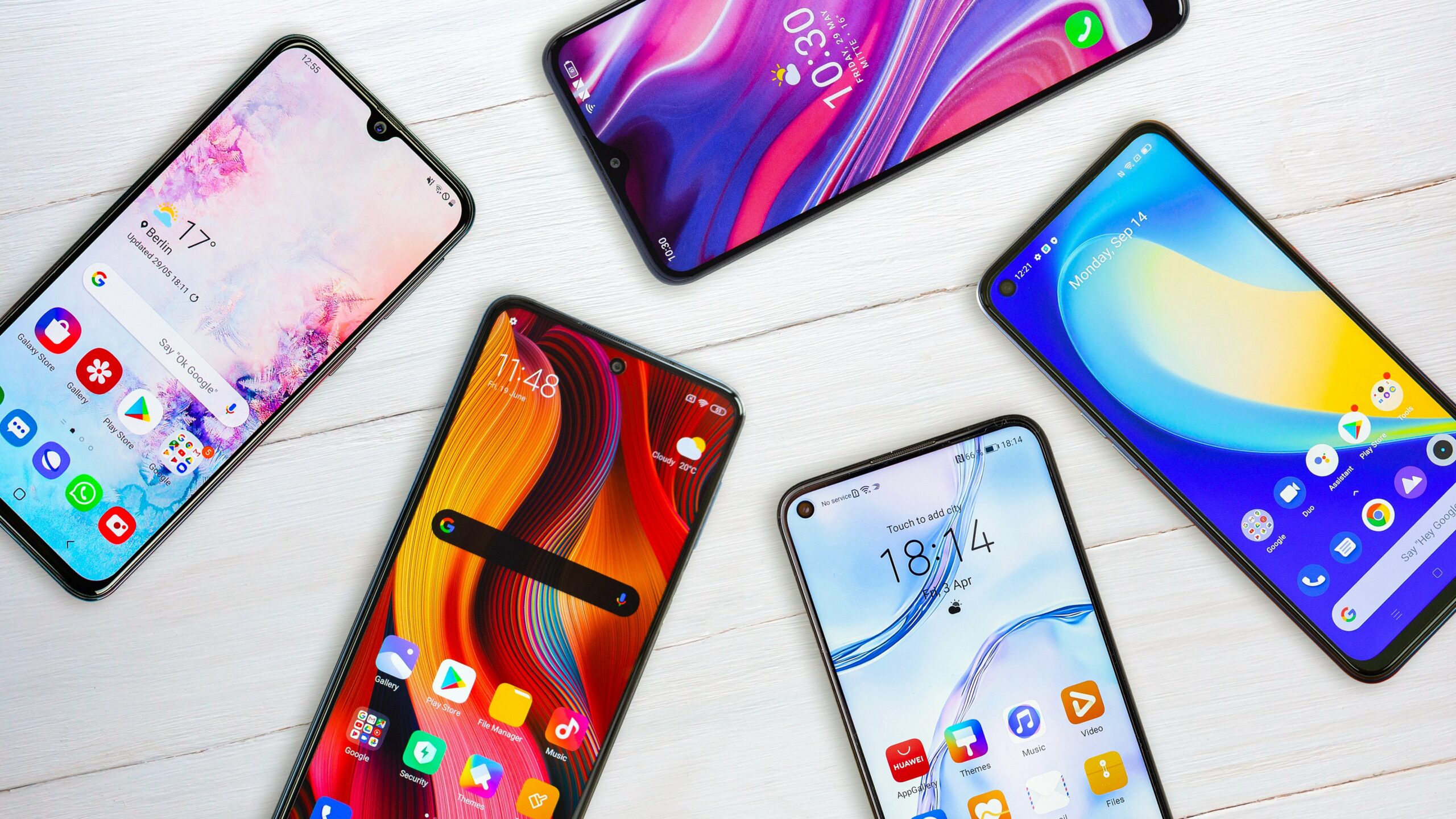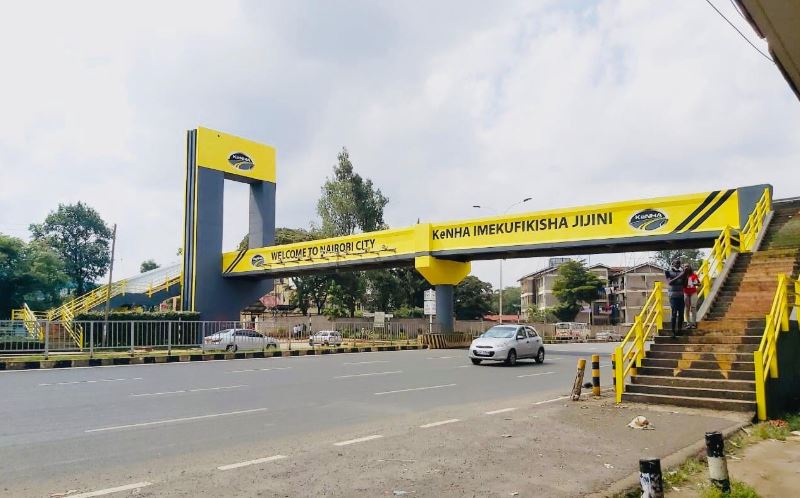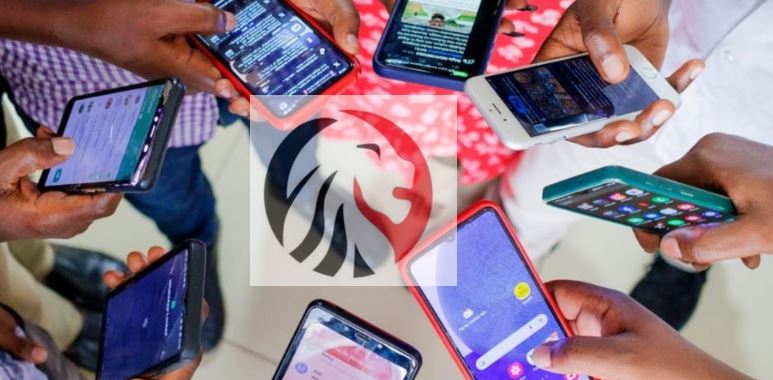
“Sixty percent of the survey respondents indicated a preference for second-hand phones, allowing them to access their preferred device at a lower cost compared to purchasing a new phone with similar specifications,” the report states.
The study aimed to understand how social, economic, and cultural or religious factors influence customers’ decisions to adopt and use smartphones. Researchers gathered responses from rural, urban, and semi-urban areas to ensure the outcomes reflect the diverse dynamics of smartphone adoption in Kenya.
The survey indicates that the introduction of cheaper low-end smartphones has not fully addressed Kenya’s low adoption rates. Alongside cost considerations, 48.8 percent of buyers stated they find a second-hand phone worth their money if it comes from a reputable local or international brand.
Buyers also prioritize high-quality features, including a 6000mAh battery life, a 16MP rear camera, an 8MP front camera, 2GB of RAM with 32GB of storage, and a warranty ranging from six months to one year.
In addition, smartphone prices in rural areas tend to be higher than in urban areas due to increased distribution costs, making devices less affordable for residents.
Consequently, people in rural areas are 28 percent less likely to own a smartphone compared to those in urban regions. To enhance affordability in low-income settings, phone vendors often specialize in selling low-end devices to boost their sales.
Regarding methodology, the survey employed both qualitative and quantitative data collection through multi-tiered interviews. “A total of 11 interviews were conducted with tier one, two, and three phone dealerships, as well as representatives from mobile network operators (MNOs), to understand customer considerations before purchasing a smartphone,” the report states.
The second phase involved collecting quantitative data through surveys to validate the qualitative findings identified in the first phase.
Interviews took place in Murang’a, Nakuru, Kajiado, Kiambu, Trans Nzoia, and Nairobi counties, gathering feedback from individuals who did not own smartphones, had low literacy levels, or were older and unable to engage with the online survey.
Additionally, the survey was conducted in Meru, Isiolo, Nairobi, and Kilifi, with researchers conducting a total of 60 in-depth interviews, eight focus group discussions with six participants in each group, and 11 key informant interviews.








